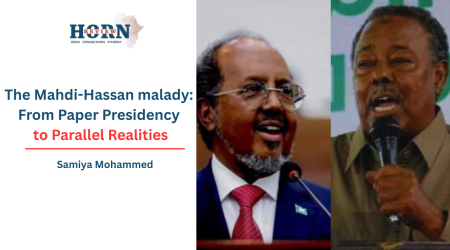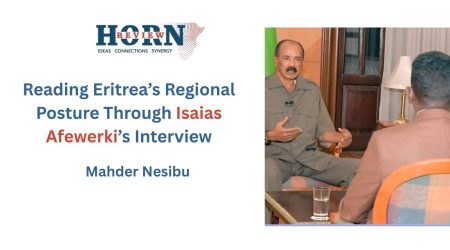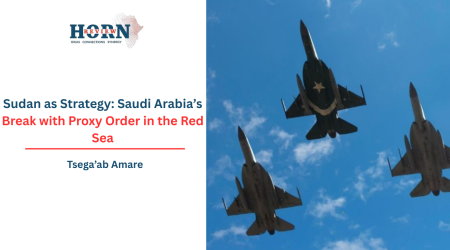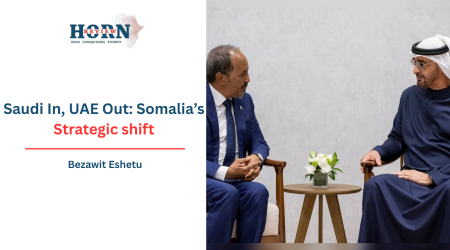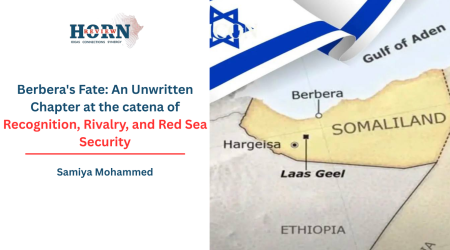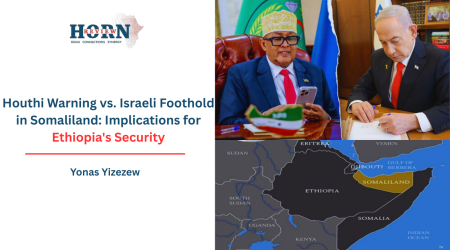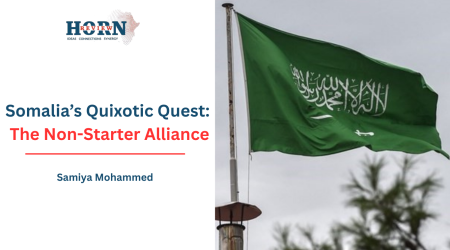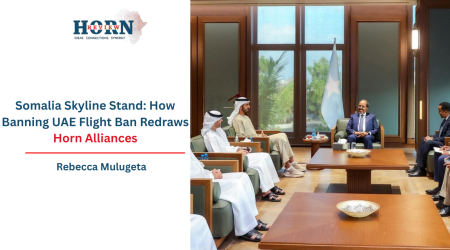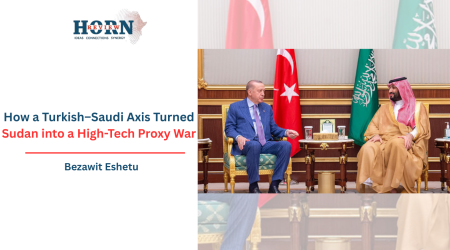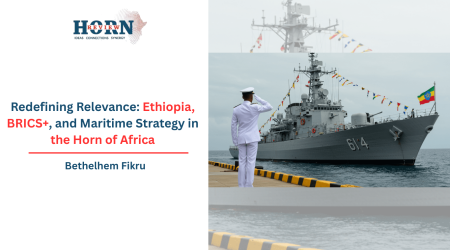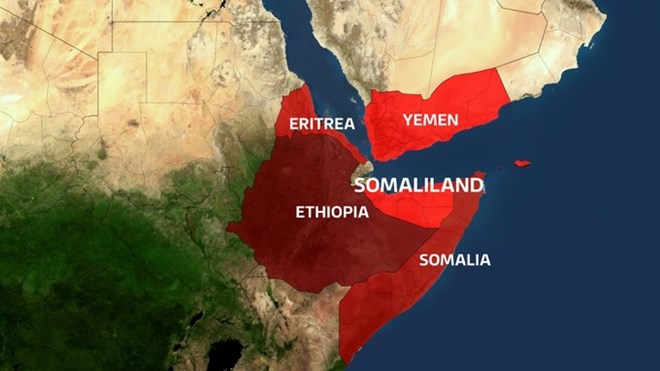
7
Jun
Beyond “One Somalia”: The Evolution of US Foreign Policy in the Face of Regional Realities
Somaliland’s president, Abdirahman Mohamed Abdullahi, believes international recognition for his state is imminent. This development would significantly escalate tensions in the volatile Horn of Africa. Somaliland declared independence from Somalia in 1991. However, it has never gained international recognition.
Abdullahi stated in an interview that acceptance of Somaliland’s self-determination is “likely.” He asserted that “recognition is on the horizon.” This move would undoubtedly anger Somalia, which considers Somaliland its territory. It would also concern regional powers and potentially set a precedent for other secessionist movements across Africa.
Despite its stability and democratic elections, Somaliland, with a population of about five million, remains unrecognized. Abdullahi maintains it is “a matter of time” before recognition occurs. Sources suggest the US President, Donald Trump, might be the first to recognize Somaliland. This recognition could be in exchange for a US military base near the strategic port of Berbera.
Abdullahi highlighted Somaliland’s role as a security partner. He mentioned its involvement in counter-terrorism efforts and safeguarding global trade routes. US military officials, including a senior Horn of Africa officer, have recently visited Hargeisa. Another US delegation is expected to assess the Berbera location.
The US currently operates Camp Lemonnier in neighboring Djibouti.However, concerns about growing Chinese influence in Djibouti are rising. Project 2025, a potential blueprint for a second Trump presidency, proposes recognizing Somaliland. This move would act as a “hedge against the US’s deteriorating position in Djibouti.”
In April, US aircraft carriers near Somaliland supported bombing raids on Yemen. These operations responded to Houthi rebels disrupting Red Sea shipping. While no formal US arrangement exists, Abdullahi confirmed their involvement in protecting global maritime trade. He added that the US ambassador to Somalia has visited him three times recently.
The Trump administration is reportedly divided on its Somalia policy. Recent gains by al-Shabaab militants have raised questions about US counter-terrorism operations in Somalia. The withdrawal of US personnel and the closure of the US embassy in Mogadishu have been discussed.
Some elements within the Trump team reportedly wish to abandon the US’s longstanding “one Somalia” policy. This shift would clear the path for official recognition of Somaliland. Abdullahi believes the US and other international partners will soon “recalculate their policies regarding Somalia.”
Gavin Williamson, a British MP and strong advocate for Somaliland’s recognition, agrees. He claims US officials have assured him that recognition will happen. Williamson stated that the US is already moving away from the “one Somalia” policy. Both Williamson and Abdullahi anticipate recognition will be very soon. Williamson hopes the first UN member country will recognize Somaliland within a year.
Bashe Omar, former Somaliland representative to the UAE, noted US officials’ frustration with the “one Somalia” policy. He stated that behind-the-scenes discussions are encouraging. He believes the US is moving in the right direction.
The UAE, a close ally of Trump, is also invested in Somaliland. It has invested over $442 million to modernize the port of Berbera and a highway to landlocked Ethiopia. Ethiopia desperately seeks maritime access. This investment further emphasizes the strategic importance of Berbera and the potential for Somaliland’s increased international standing.
Somaliland’s pursuit of international legitimacy is a complex and paradigm-shifting geopolitical transformation. President Abdullahi’s positivity suggests building self-confidence in the breakaway state. Somaliland’s strategic port city of Berbera and potential to be a stakeholder in regional security are attracting behemoth international attention. US recognition, particularly by a new Trump administration, would revolutionize Horn of Africa politics.
The transformation sidetracks traditional “one Somalia” foreign policies. It also opens up new fronts of international cooperation. A move in this direction, however, carries threats of local instability. Equilibrium among self-determination, national sovereignty, and regional stability will determine the fate of Somaliland in the international world.
By Bethelhem Fikru,Researcher,Horn Review

